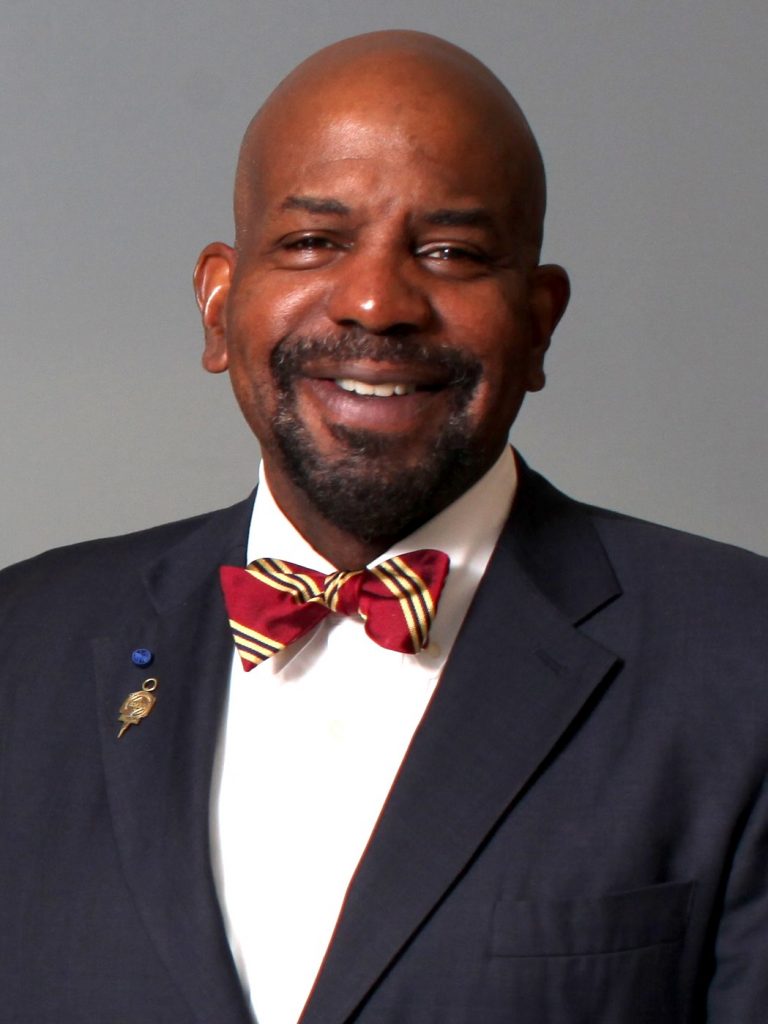
Cato T. Laurencin, a TWAS Fellow since 2006, has been appointed a Knight Commander of the Order of Saint Lucia, an order of chivalry established by Queen Elizabeth II in 1986.
Laurencin, now Sir Cato T. Laurencin, has received this honour in recognition of his outstanding scientific, medical, and societal contributions, particularly as the founder and pioneer of regenerative engineering.
He earned his Bachelor of Science in chemical engineering from Princeton University, his medical degree magna cum laude from Harvard Medical School, and his PhD in biochemical engineering and biotechnology from the Massachusetts Institute of Technology.
Laurencin is now a professor of chemical engineering, materials science and engineering, and biomedical engineering at the University of Connecticut, and the founding director of the Institute for Regenerative Engineering and of the Raymond and Beverly Sackler Center for biomedical, biological, physical, and engineering sciences at UConn Health. He is the chief executive officer of The Cato T. Laurencin Institute for Regenerative Engineering, a cross-university institute created and named in his honour at the University of Connecticut.
He is recognized at the international level for his groundbreaking work in orthopaedic surgery, and his contributions to the field of musculoskeletal repair and regeneration.
In his career, he has collected many prestigious awards. He also received the Presidential Faculty Fellow Award from President Bill Clinton. In 2016, US President Barak Obama honoured him with the National Medal of Technology and Innovation, the US highest award acknowledging outstanding scientific achievements. In 2019, he received the Philip Hauge Abelson Prize, for his innovative contributions to biomedical technology. He is an elected member of the National Academy of Medicine and the National Academy of Engineering (US), as well as an elected Fellow of the African Academy of Sciences, the Indian National Academy of Sciences, and the Indian National Academy of Engineering.
Cristina Serra

